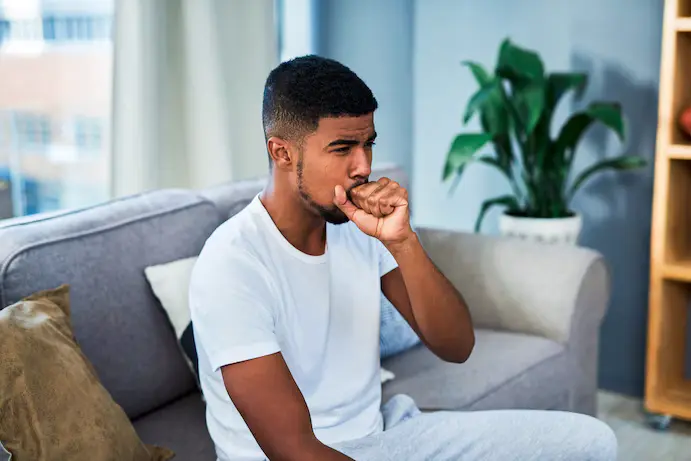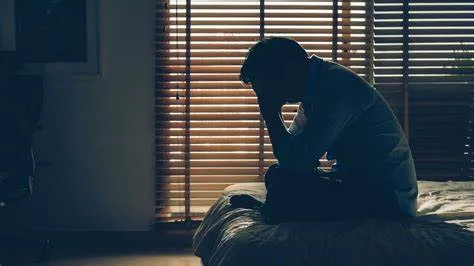A few days ago, a Member of Parliament and the Minister for Women and Child Development commented on menstrual leave. In this statement, they mentioned that menstruation is not a “Handicap,” and there is no need for a “period menstruation leave policy.” They further stated that menstruation is a common occurrence for women and should not be treated as an obstacle or inconvenience. Addressing the issue of difficulties, some women may face more or less pain during periods, and it is often manageable with medication or lifestyle adjustments. Currently, it is not mandatory to implement period menstruation leave across all workplaces. The government is already working on raising awareness about hygiene during periods among girls aged 10-19, aiming to educate them. Additionally, efforts are being made to connect more girls to this initiative.
However, discussing whether women really need these period leaves, Dr. Charulata Bansal points out that if the pain during periods is moderate, it can be considered normal. But if this pain affects your daily activities, it is not ordinary. Many women experience symptoms like nausea, vaginal pain during urination, or leg cramps during their periods. While it’s true that women’s bodies are designed to endure this pain, it should not be considered normal if it causes such issues.
Surprisingly, about 30 to 40 per cent of women need to alleviate their pain with medication during menstruation. Excessive use of medication can also lead to serious health issues.
Dr. Charulata Bansal, Dr. Charu Women’s Clinic said, “For relief, daily exercise for 30 to 40 minutes is recommended. During menstruation, it’s advised to avoid caffeine, junk food, excessive sugar, and smoking. Increasing water intake, improving lifestyle habits, and consuming vegetables and fruits are also suggested.”
When we asked students about their experiences during menstruation, they shared their thoughts. Kriti, a college student said, “I experience moderate pain during my menstrual cycle, which makes it difficult to perform routine activities. Sometimes, the pain wakes me up while sleeping, especially in the first 2 days. Talking about menstrual leave is essential because a woman cannot function normally during this time. I am confident that every woman faces some issues during her menstrual cycle for various reasons.”
Arundhati, another college student, mentioned, “I often have a fever of 100-101 degrees and lower back pain during my periods. Besides, I suffer from premenstrual syndrome (PMS), so instead of lasting for 4-6 days on average, my periods last at least 10 days. I have experienced low blood pressure due to heavy bleeding several times. It’s frequent but severe pain, more than a broken bone. It feels like three or four people are hitting your stomach rhythmically. Coping with mood swings during this time, maybe you can’t do anything.
My condition gets quite bad, but you are saying it’s not a problem. These things have forced me to change a piece of my entire job because now everything feels wrong. Making decisions during menstruation is much more challenging than on regular days, and it’s genuinely a handicap. I did not ask for it. What if someone is continuously bleeding from their hands, head, or legs? Why isn’t that considered a problem? Then why isn’t menstruation considered a problem? A menstrual leave can be so supportive because walking in such pain is terrible. At this time, equality is the only solution towards creating a gender-neutral world. A comfortably filled employee will give his 100%, and he will perform better than someone who is working with physical and mental pain.”
In addition, when we spoke to working women, they said, “Everyone’s body works differently. I often have to take menstrual leave due to the unbearable pain in the initial 3 days. The pain and stiffness in the lower part make you feel that no medicine will work. Besides, your body feels so weak and tired that paying attention to office work and balancing personal life becomes very difficult.”
In India, 3% of women are those who have to take unpaid leave due to pain. Among these women, the average age is 21 or less.

















